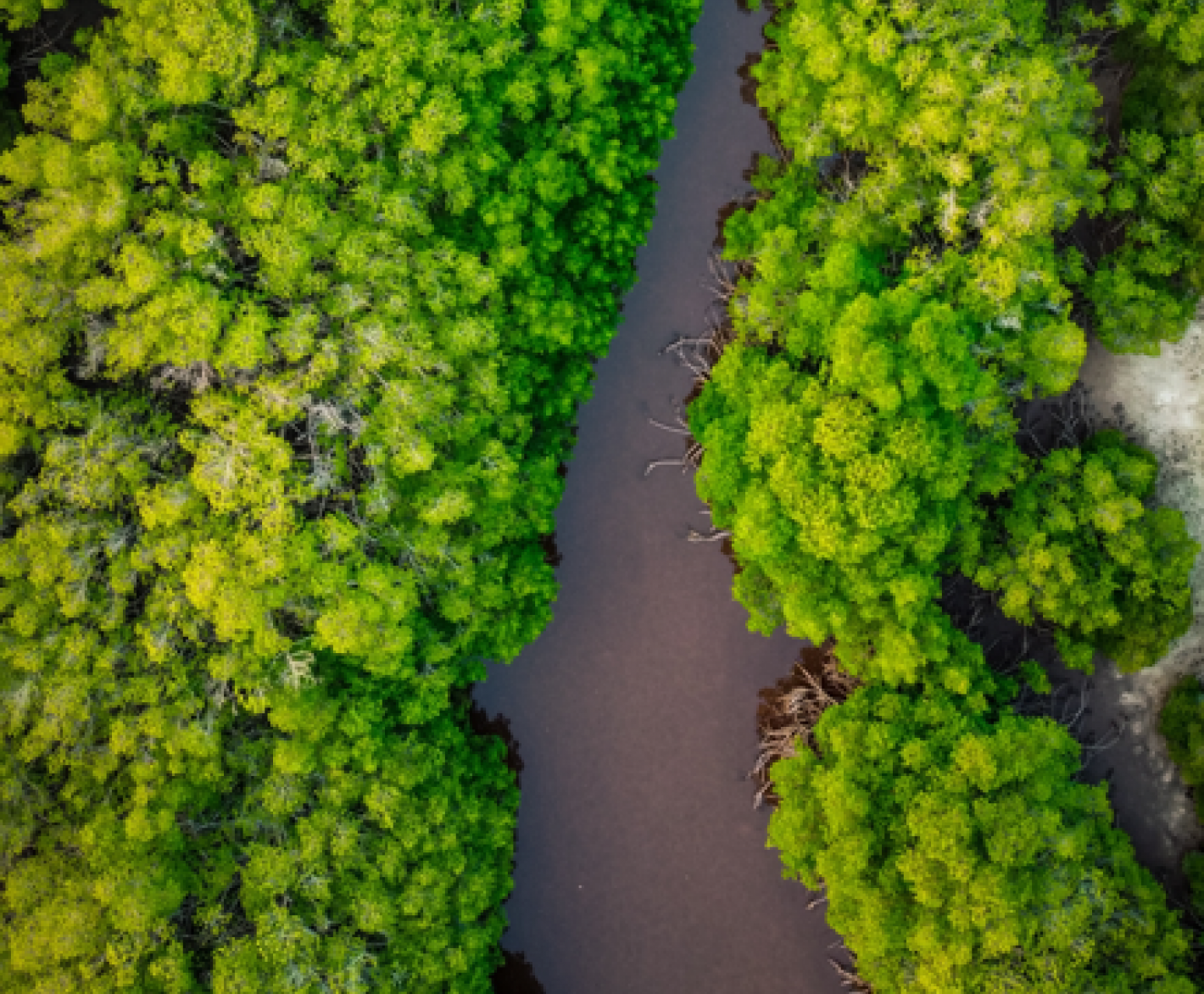ABOUT THE ACTIVITY
Coastal ecosystems – such as mangroves, seagrasses and saltmarshes –sequester significant amounts of carbon and are notably rich in biodiversity; these ‘Blue Carbon’ (BC) ecosystems are increasingly recognized as key Nature-based Solutions (NbS) that can make a vital contribution to climate change mitigation. Recent studies have demonstrated that NbS can cost-effectively provide approximately one-third of the climate mitigation needed over the next decade to stabilize global warming below 1.5°C.
Coastal Blue Carbon ecosystems – such as mangroves – can help reduce the risks and impacts of climate change while providing multiple co-benefits: they offer critical habitats for biodiversity, enhance local fisheries production, and protect coastal communities from erosion and storms. Yet mangroves face many threats, including deforestation, coastal development, pollution and climate change.
ABOUT THE PROJECT
The “Restoring mangrove ecosystems of the UAE –an ecosystem-based approach” project is run through the “Priceless Planet Coalition”, an international initiative implemented by Mastercard in collaboration with Conservation International (CI) and the World Resources Institute (WRI), which aims to plant 100 million trees by 2025 to restore global forest ecosystems.
The project’s key objectives are to:
- Implement a series of restoration strategies that enable mangroves and associated habitats to thrive –thanks to a robust, holistic ecosystem-based approach which maximizes long-term success.
- Work closely with stakeholders and communities on the long-term management of the sites in order to create numerous benefits to the economy and society.
- Raise public awareness of the importance of mangrove ecosystems and their restoration
HOW VOLUNTEERS WILL HELP
Volunteers will assist our team of scientists to plant mangroves and monitor the restoration of the site. If there is time, volunteers may also help to monitor the biodiversity and record wild plants in the area, count crabs and their burrows, the number of snails in a sample area, the number of species of birds seen throughout the day, signs of insect pollinators and pests.

